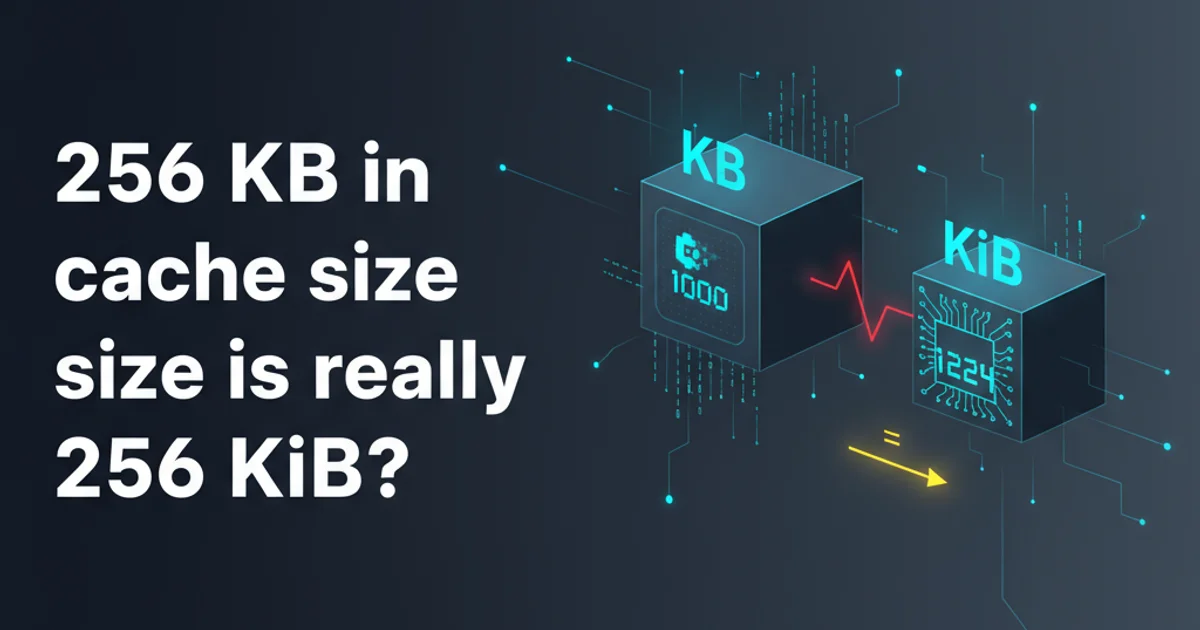Is there any hook provided to register a thread with garbage collection in java?
Categories:
Java Garbage Collection Hooks: Understanding Thread Registration and Lifecycle

Explore whether Java provides explicit hooks for registering threads with the garbage collector and delve into how the JVM manages thread lifecycle and memory without direct GC interaction.
In Java, the garbage collector (GC) is a fundamental component responsible for automatic memory management. It reclaims memory occupied by objects that are no longer reachable by the application. A common question arises: do threads need to be explicitly registered with the garbage collector, or are there hooks provided for this purpose? This article clarifies the relationship between Java threads and the garbage collector, explaining why direct registration hooks are generally unnecessary and how the JVM handles thread-related memory.
The JVM's Approach to Thread and Memory Management
Unlike objects, threads in Java are not directly garbage collected in the same way. A thread's lifecycle is managed by the Java Virtual Machine (JVM) itself. When a thread starts, it allocates its own stack space and potentially other resources. When a thread finishes its execution (either normally or due to an unhandled exception), the JVM automatically reclaims these resources. The garbage collector's primary role is to manage heap memory, where objects reside, not the stack space or native resources associated with a thread's execution context.
flowchart TD
A[Thread Start] --> B{JVM Allocates Stack & Resources}
B --> C[Thread Executes Code]
C --> D{Thread Finishes?}
D -- Yes --> E[JVM Reclaims Stack & Resources]
D -- No --> C
E --> F[Objects on Heap become Unreachable]
F --> G[Garbage Collector Identifies Unreachable Objects]
G --> H[Garbage Collector Reclaims Heap Memory]JVM Thread Lifecycle vs. Garbage Collection Flow
The key distinction is that a thread's existence is tied to its execution, not its reachability in the object graph. As long as a thread is running, it's an active entity managed by the JVM. Once it terminates, its associated resources are released. Objects created by a thread, however, are subject to garbage collection if they become unreachable from any active thread or static references.
Why No Explicit GC Hooks for Threads?
The absence of explicit hooks for registering threads with the garbage collector stems from Java's design philosophy of automatic memory management and the distinct nature of threads versus objects. The JVM handles the entire lifecycle of a thread, from creation to termination, including the allocation and deallocation of its internal resources. Introducing explicit GC hooks for threads would complicate the model and potentially expose low-level memory management details that Java aims to abstract away.
Consider a scenario where a thread creates many objects. When the thread finishes, if those objects are no longer referenced by any other active part of the application, they become candidates for garbage collection. The GC doesn't care which thread created an object, only whether it's reachable. This separation of concerns simplifies application development and reduces the risk of memory management errors.
public class MyRunnable implements Runnable {
private Object largeObject;
public MyRunnable() {
this.largeObject = new Object(); // Object created by this thread
}
@Override
public void run() {
System.out.println("Thread running...");
// ... do work ...
// largeObject is implicitly eligible for GC once this thread finishes
// AND no other active references to it exist.
this.largeObject = null; // Explicitly dereference for earlier GC eligibility (optional)
System.out.println("Thread finished.");
}
public static void main(String[] args) throws InterruptedException {
Thread t = new Thread(new MyRunnable());
t.start();
t.join(); // Wait for the thread to finish
// At this point, the MyRunnable instance and its largeObject are eligible for GC
}
}
Example demonstrating object lifecycle within a thread.
ThreadLocal and Potential Memory Leaks
While threads themselves aren't garbage collected, a common source of memory leaks related to threads involves ThreadLocal variables. A ThreadLocal provides a way to store data that is unique to each thread. If a ThreadLocal holds a strong reference to a large object and the thread itself is pooled (e.g., in a ThreadPoolExecutor) and reused, the ThreadLocal's value might persist across tasks, preventing the object from being garbage collected even if the task that originally set it has completed. This is not a GC hook issue, but rather a lifecycle management issue for thread-specific data.
ThreadLocal.remove() when you are done with a ThreadLocal variable, especially in pooled threads, to prevent potential memory leaks. This explicitly clears the thread's copy of the variable, making its value eligible for garbage collection.import java.util.concurrent.ExecutorService;
import java.util.concurrent.Executors;
public class ThreadLocalLeakExample {
private static final ThreadLocal<LargeObject> threadLocalData = new ThreadLocal<>();
static class LargeObject {
private byte[] data = new byte[1024 * 1024]; // 1MB
@Override
protected void finalize() throws Throwable {
System.out.println("LargeObject finalized!");
super.finalize();
}
}
public static void main(String[] args) throws InterruptedException {
ExecutorService executor = Executors.newFixedThreadPool(2);
for (int i = 0; i < 5; i++) {
executor.submit(() -> {
threadLocalData.set(new LargeObject());
System.out.println(Thread.currentThread().getName() + ": LargeObject set.");
// Simulate work
try { Thread.sleep(100); } catch (InterruptedException e) { Thread.currentThread().interrupt(); }
// !!! FORGETTING THIS LINE CAN LEAD TO LEAKS IN POOLED THREADS !!!
// threadLocalData.remove();
System.out.println(Thread.currentThread().getName() + ": Task finished.");
});
}
executor.shutdown();
executor.awaitTermination(1, java.util.concurrent.TimeUnit.MINUTES);
System.gc(); // Request GC, but no guarantee it runs immediately
Thread.sleep(1000); // Give GC a chance
System.out.println("Main thread finished.");
}
}
Demonstration of a potential ThreadLocal memory leak if remove() is not called.